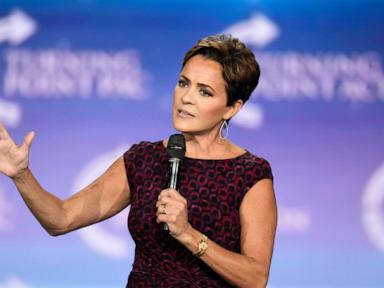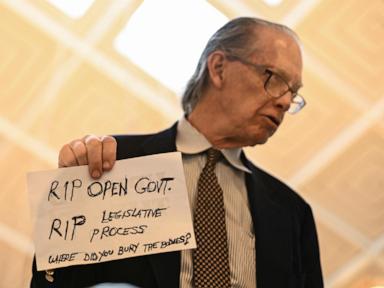(KNSI) — Despite lawmakers passing record investments in education last year, many schools across central Minnesota and beyond are struggling to balance their budgets.
The Sartell-St. Stephen School District predicts a $1.25 million deficit for the 2024-25 school year. It has been reported that Sauk Rapids-Rice is facing a $2.4 million shortfall. Meanwhile, the St. Cloud Area School District shows a balanced budget for the next school year.
Sartell St. Stephen Superintendent Tom Lee explained to KNSI News what the legislature calls a historic boost in funding is forcing schools to face cuts because it’s a myth that districts control 100% of their funds. The state’s investment in education included $400 million for free school meals and another $135 million for unemployment insurance for hourly workers furloughed during the summer. “You’re seeing this across the state of Minnesota for a couple of different reasons. While there were air quotes, ‘historic investments made in education,’ school boards, and superintendents only have control of slightly less than 50% of those historic investments.”
Lee explained his district’s biggest reason for the deficit is “The enrollment change. We’re down almost 50 kids. And so, $400,000 of our $1.25 million [shortfall] is a result of enrollment going down. That’s our largest.”
The other drain has been increased salaries and inflation. As a result, Lee says 12 full-time salaries need to be cut, and no tenured teachers will be let go. Any retiring teachers won’t be replaced, and some other teachers could be moved to other classes if some electives are cut. Staffing makes up about 80% of school spending on average.
Sauk Rapids-Rice is facing the same challenges. Their incoming kindergarten classes have 40 to 60 fewer students than the graduating classes.
St. Cloud Area School District 742’s budget will be in the black for the upcoming school year. Superintendent Dr. Laurie Putnam told KNSI news they were down 20 students this year, but it appears they will have a larger incoming kindergarten class when compared to the graduating seniors. She feels a key factor in maintaining their budget is constant planning. “We only create positions that have sustainable funding. I think one of the challenges for many districts was the federal COVID dollars. We did not use those for ongoing expenses.”
Many schools across the state did use federal money to add counselors, programs, and staff.
Budgets should be finalized in June.
___
Copyright 2024 Leighton Media. All rights reserved. This material may not be broadcast, published, redistributed, or rewritten, in any way without consent.










